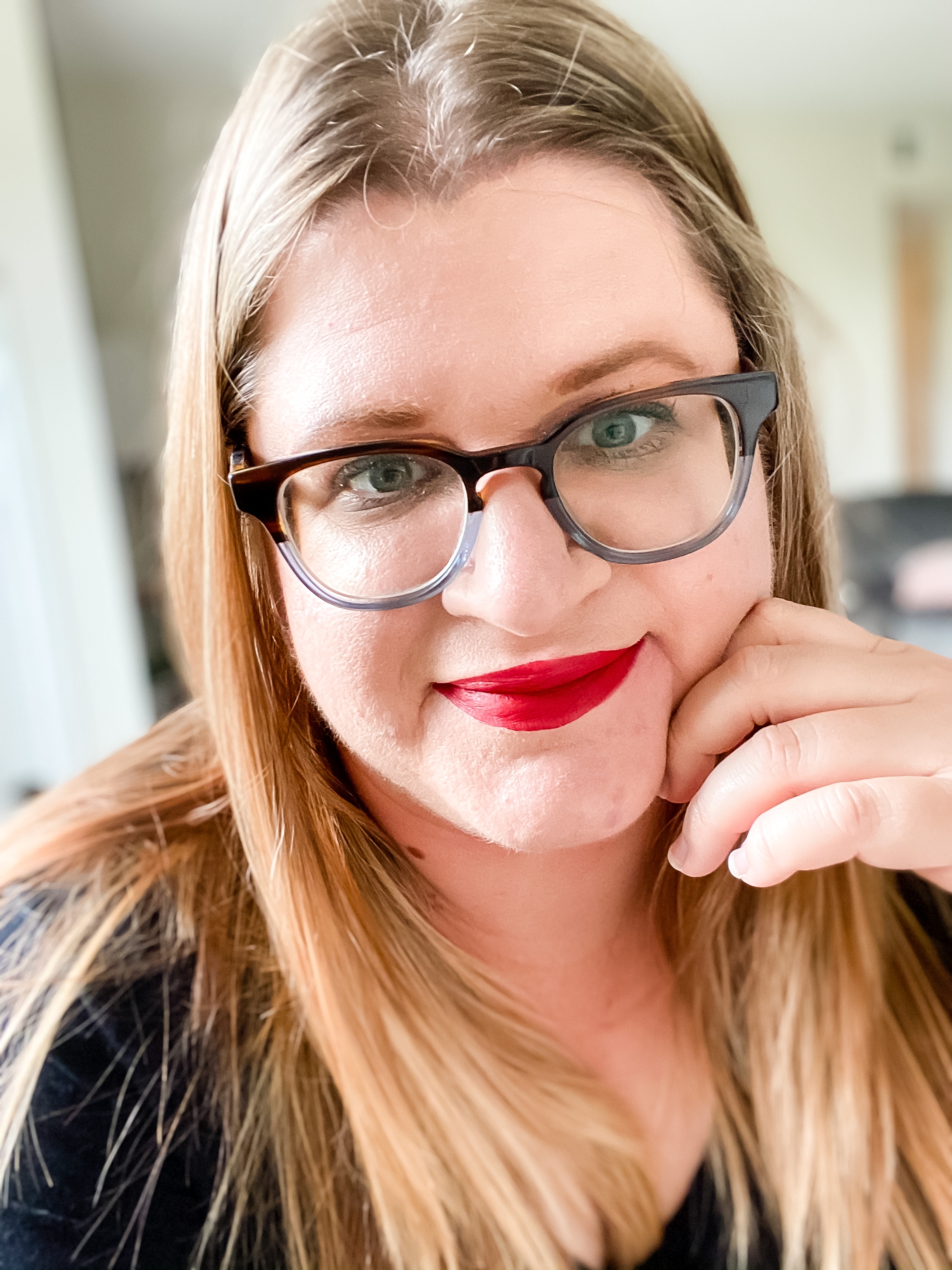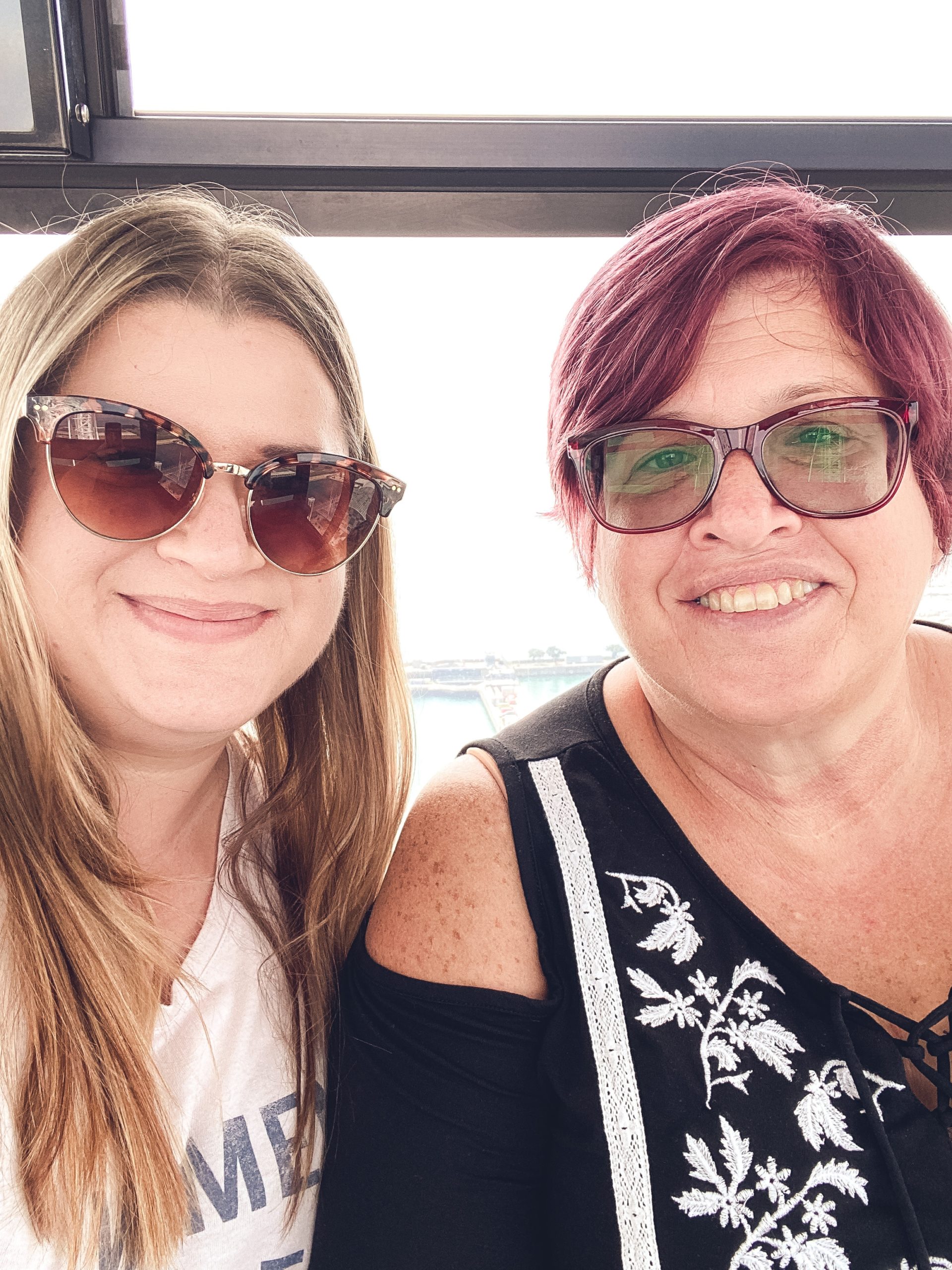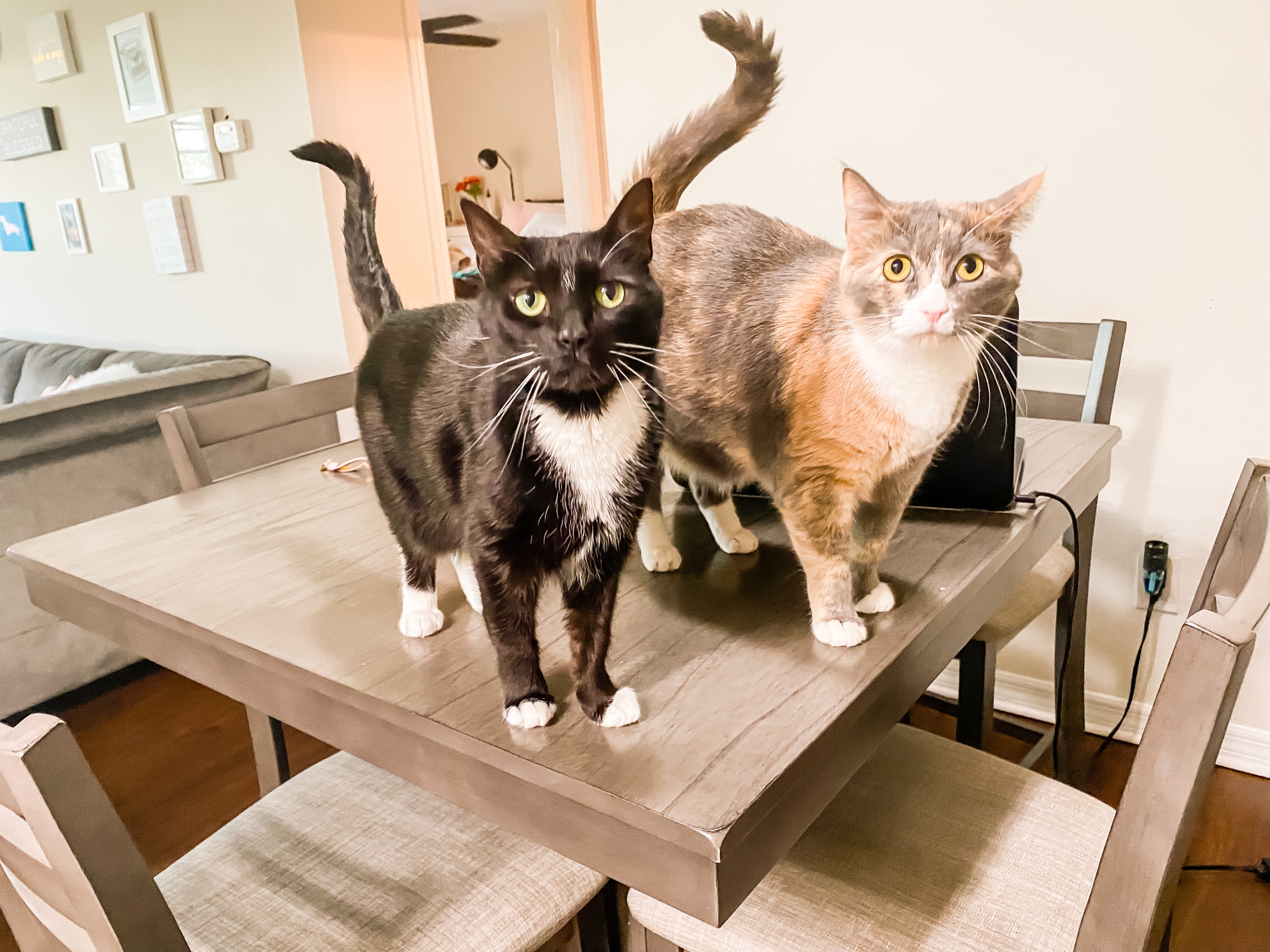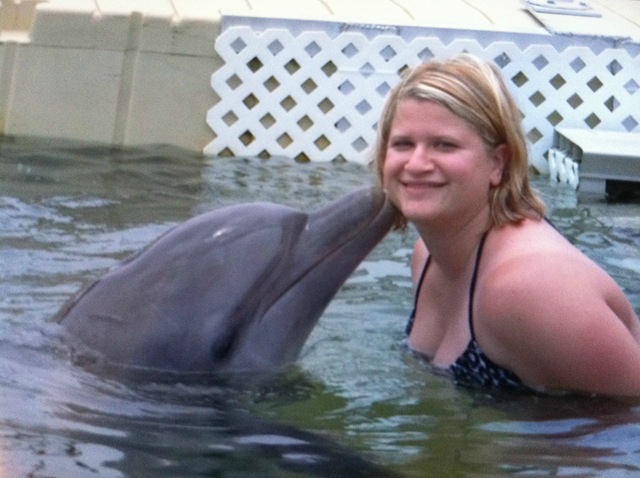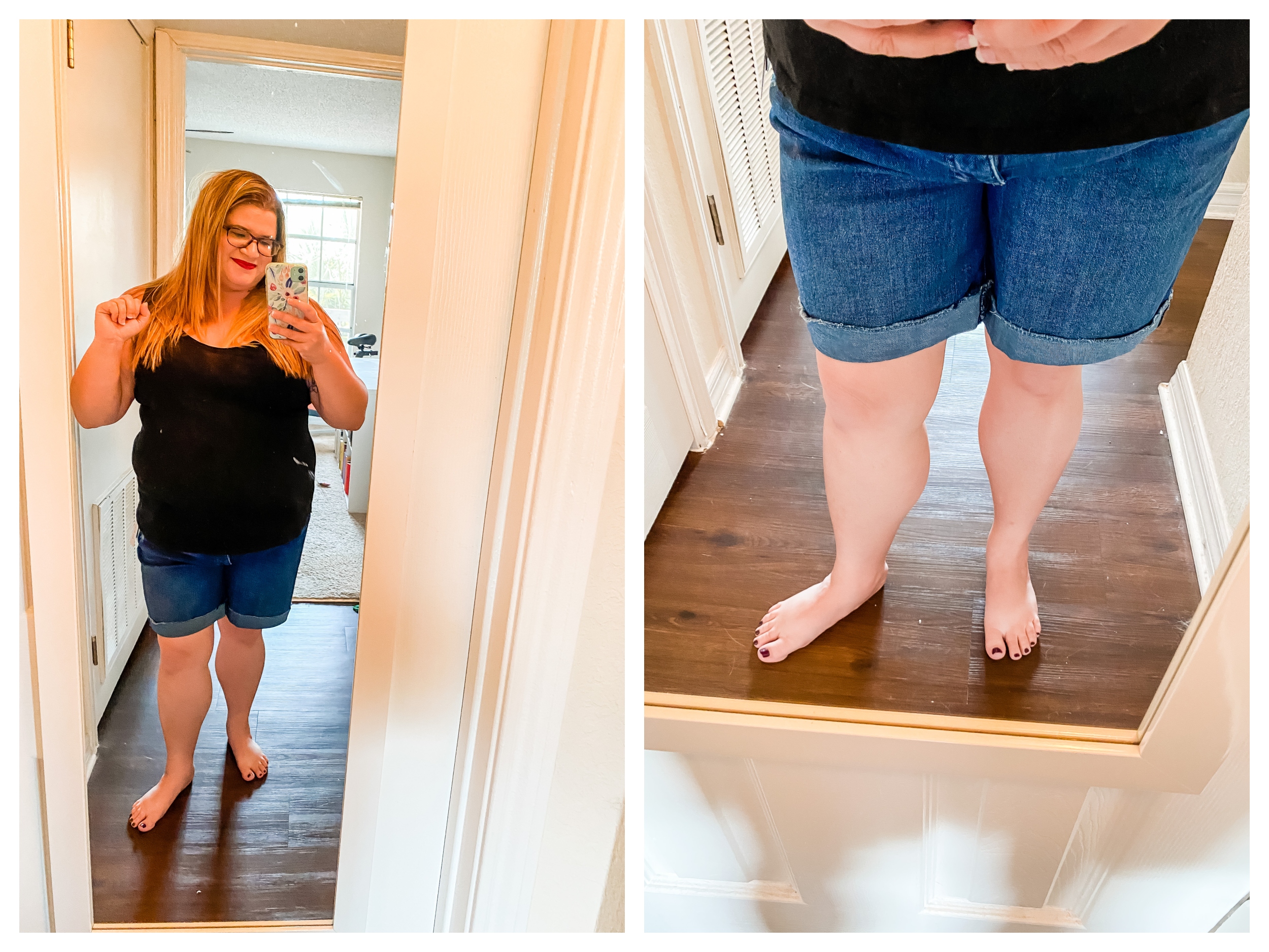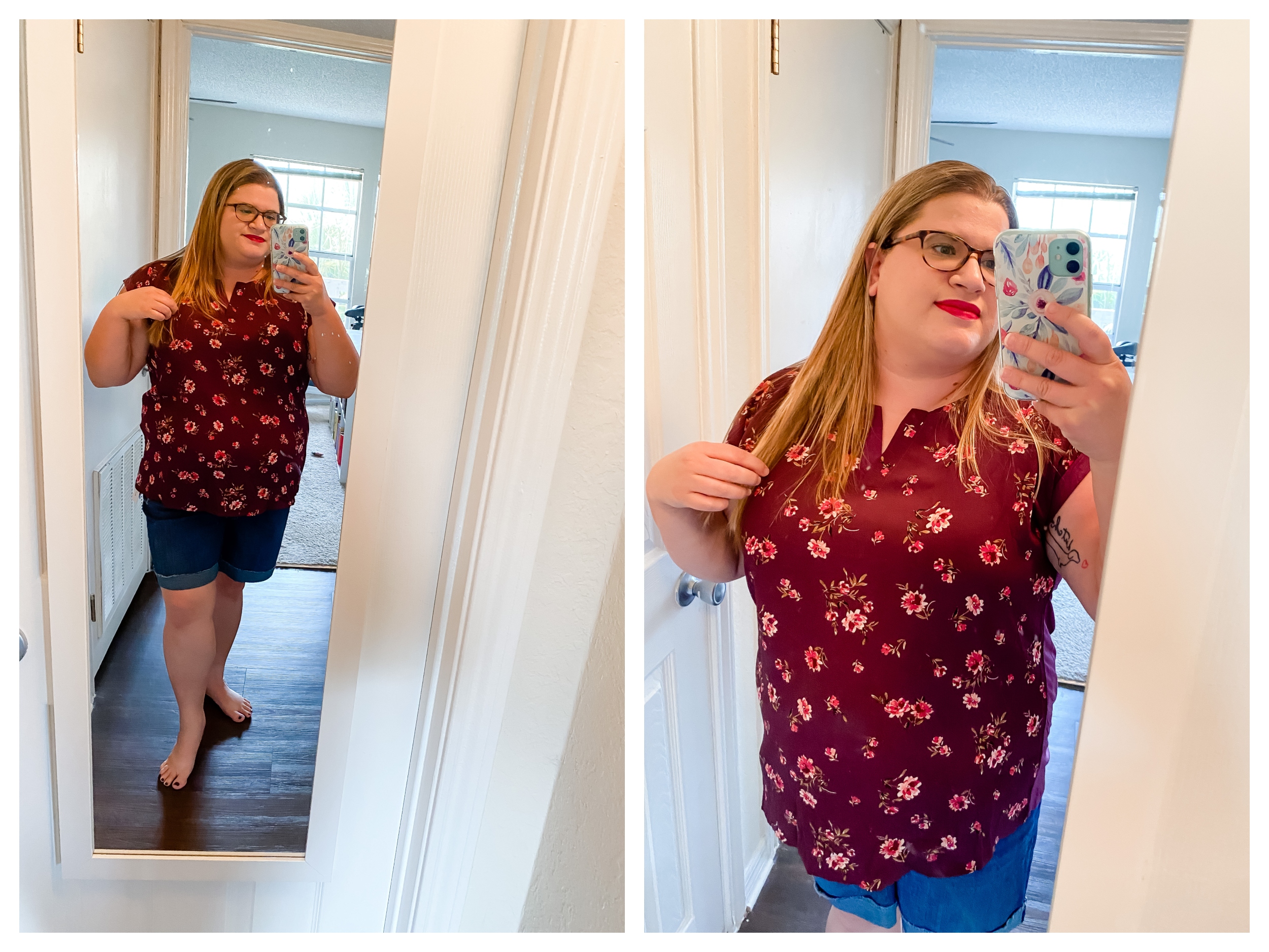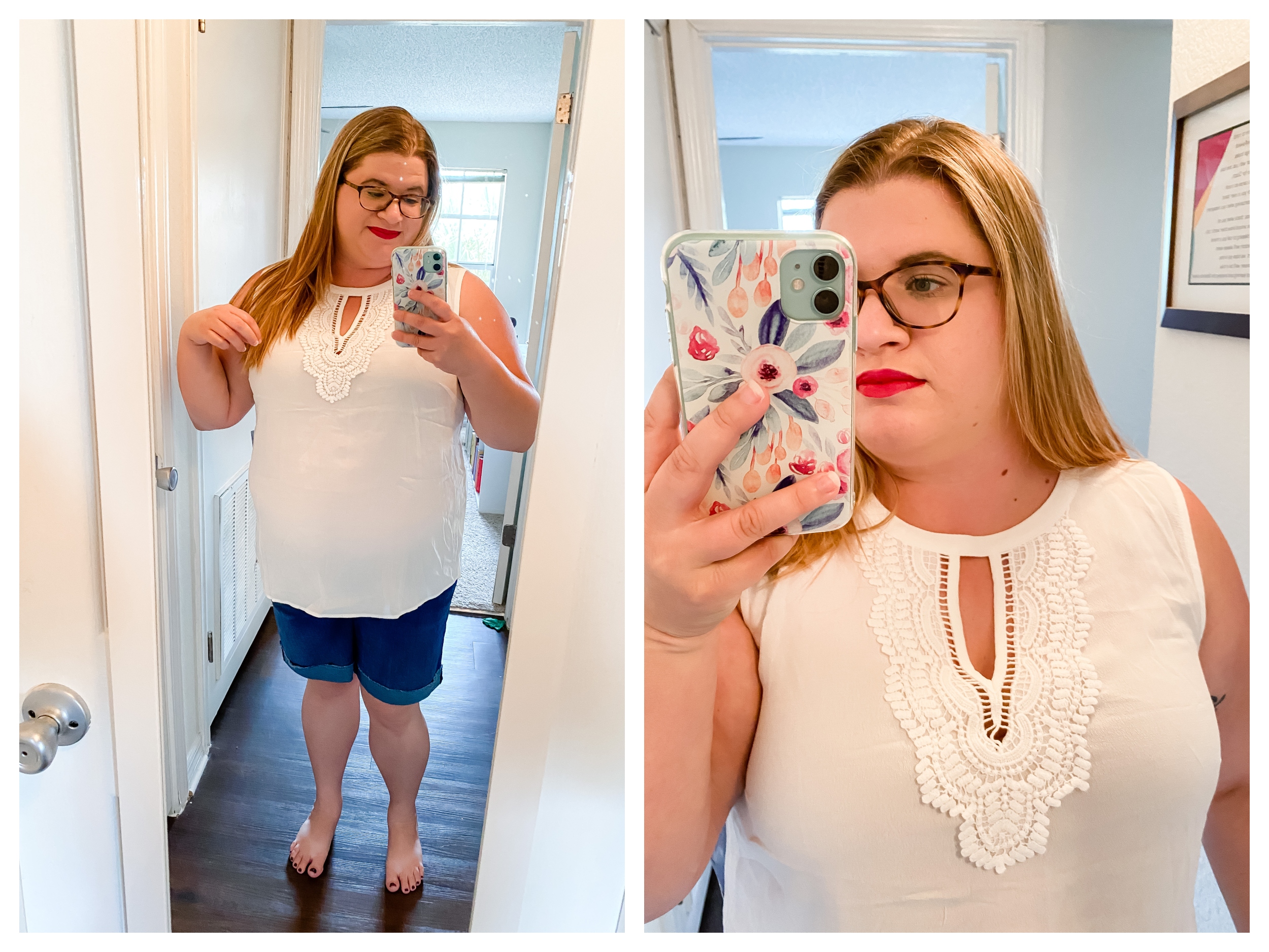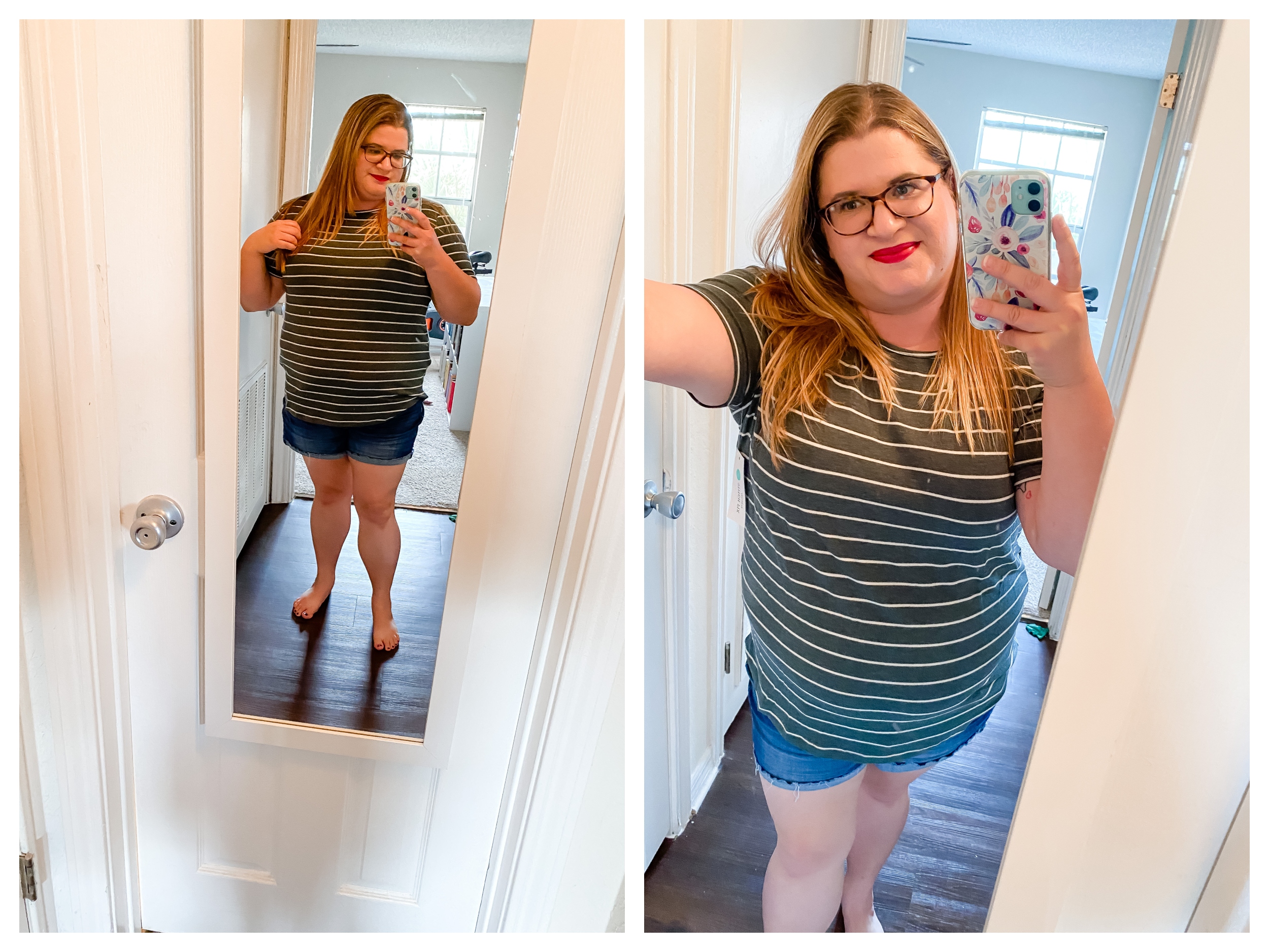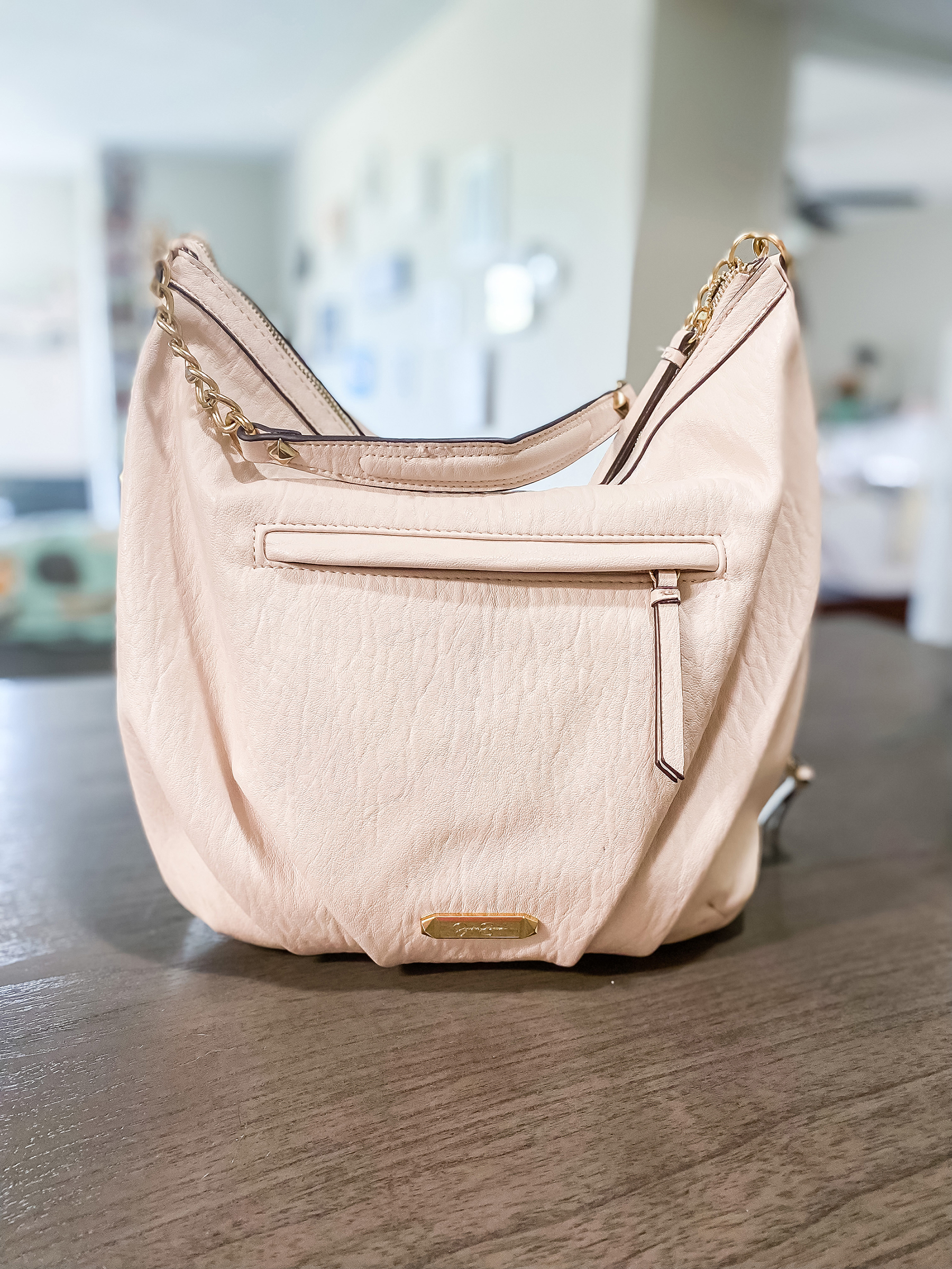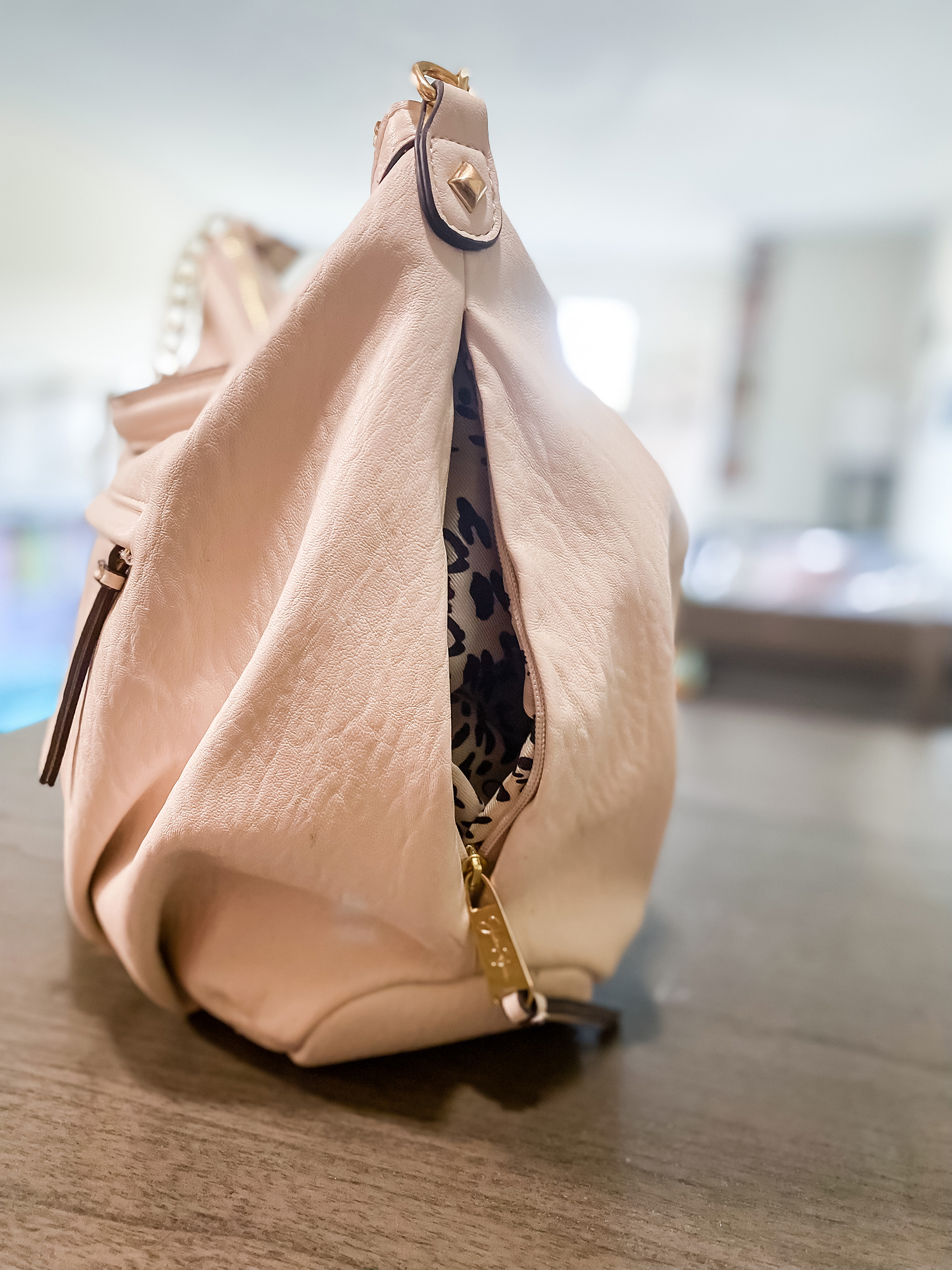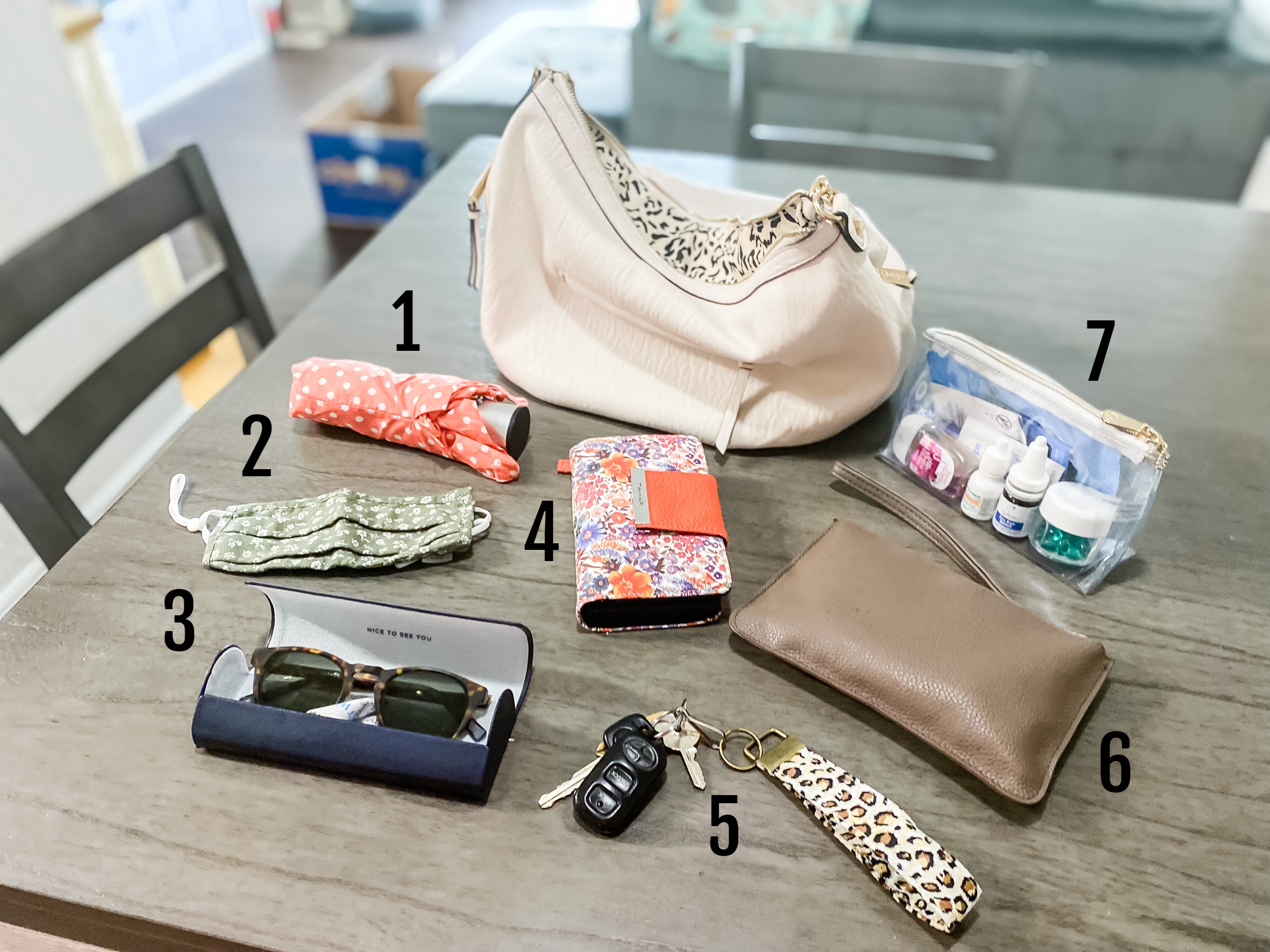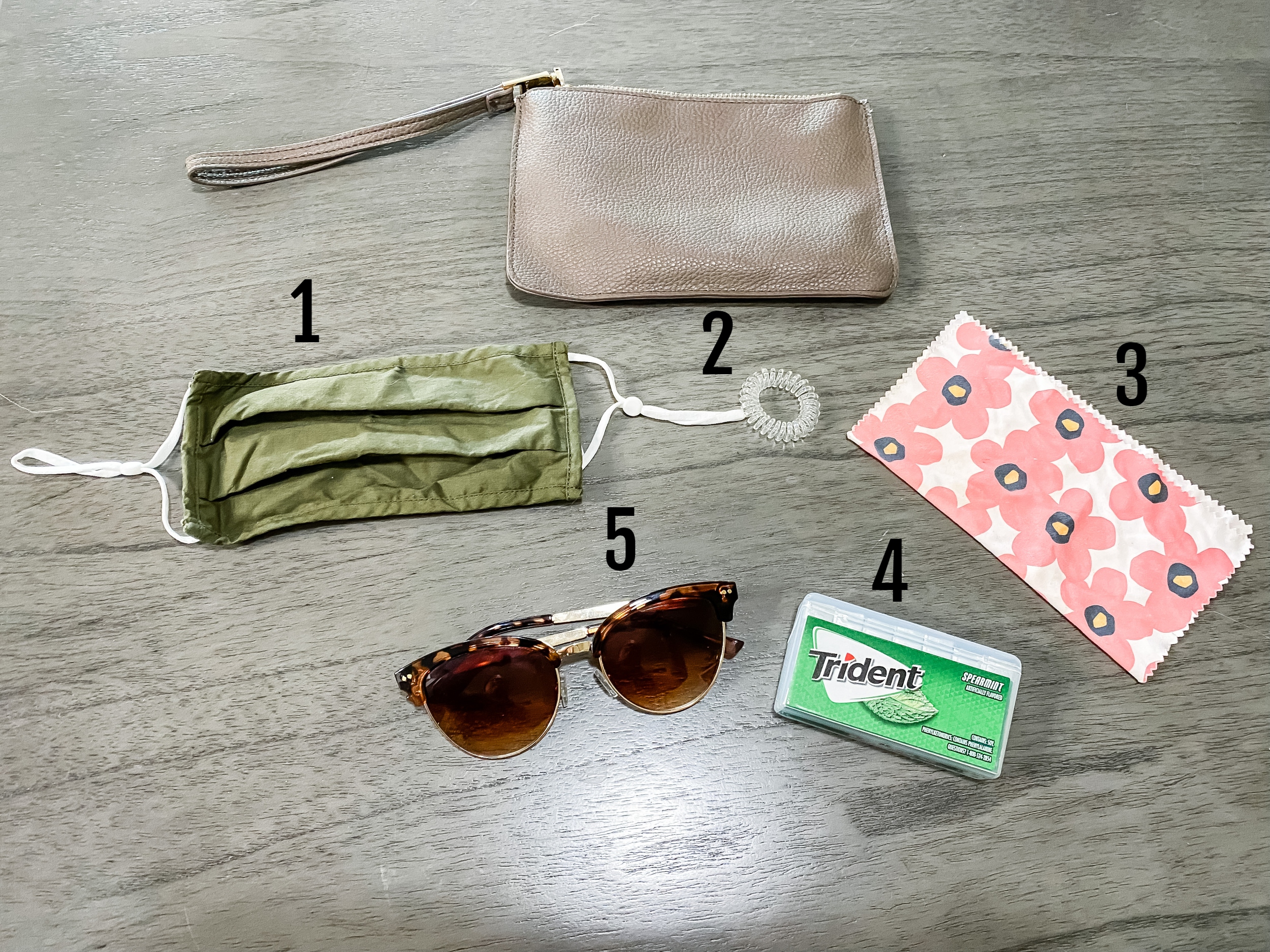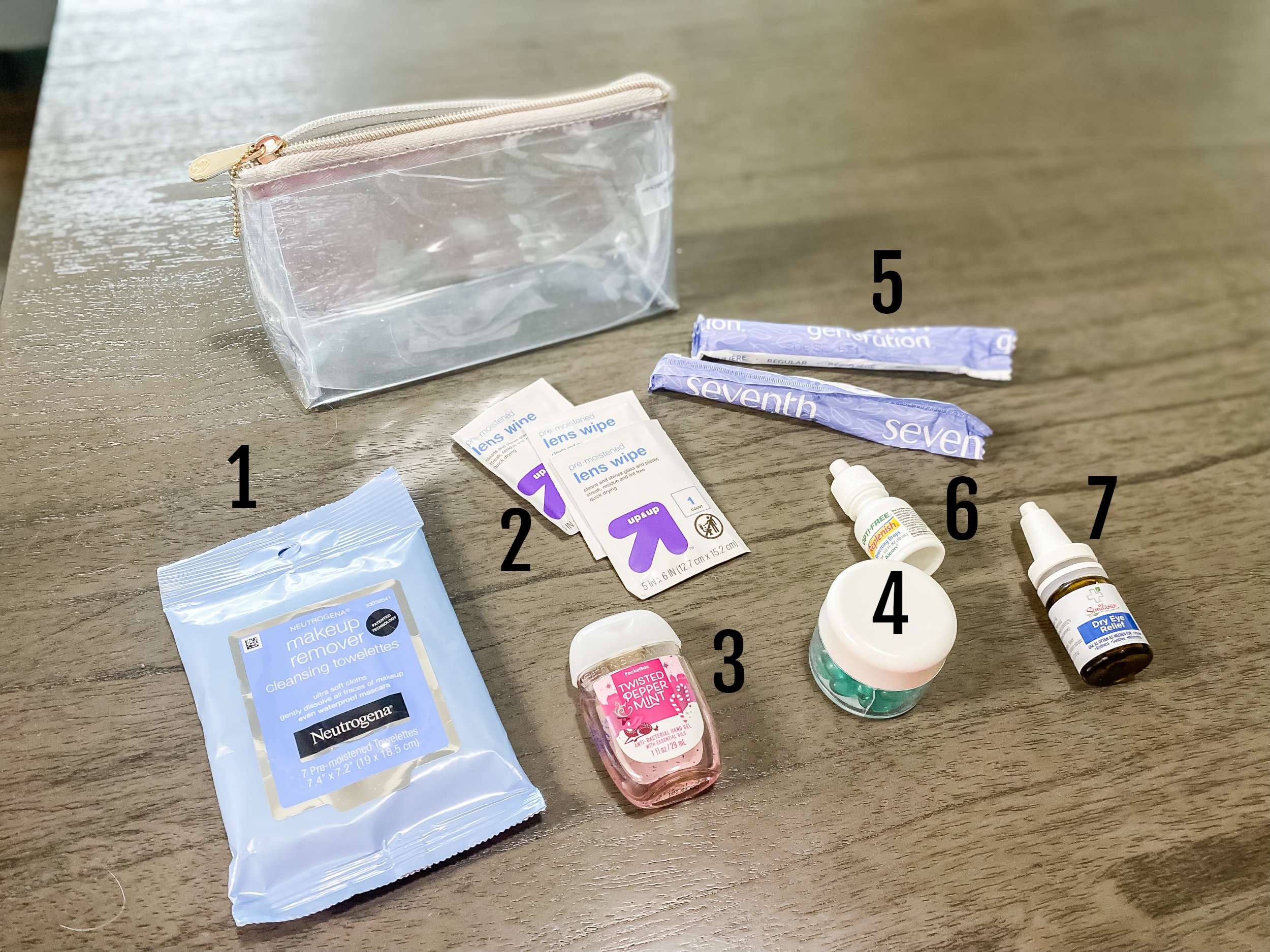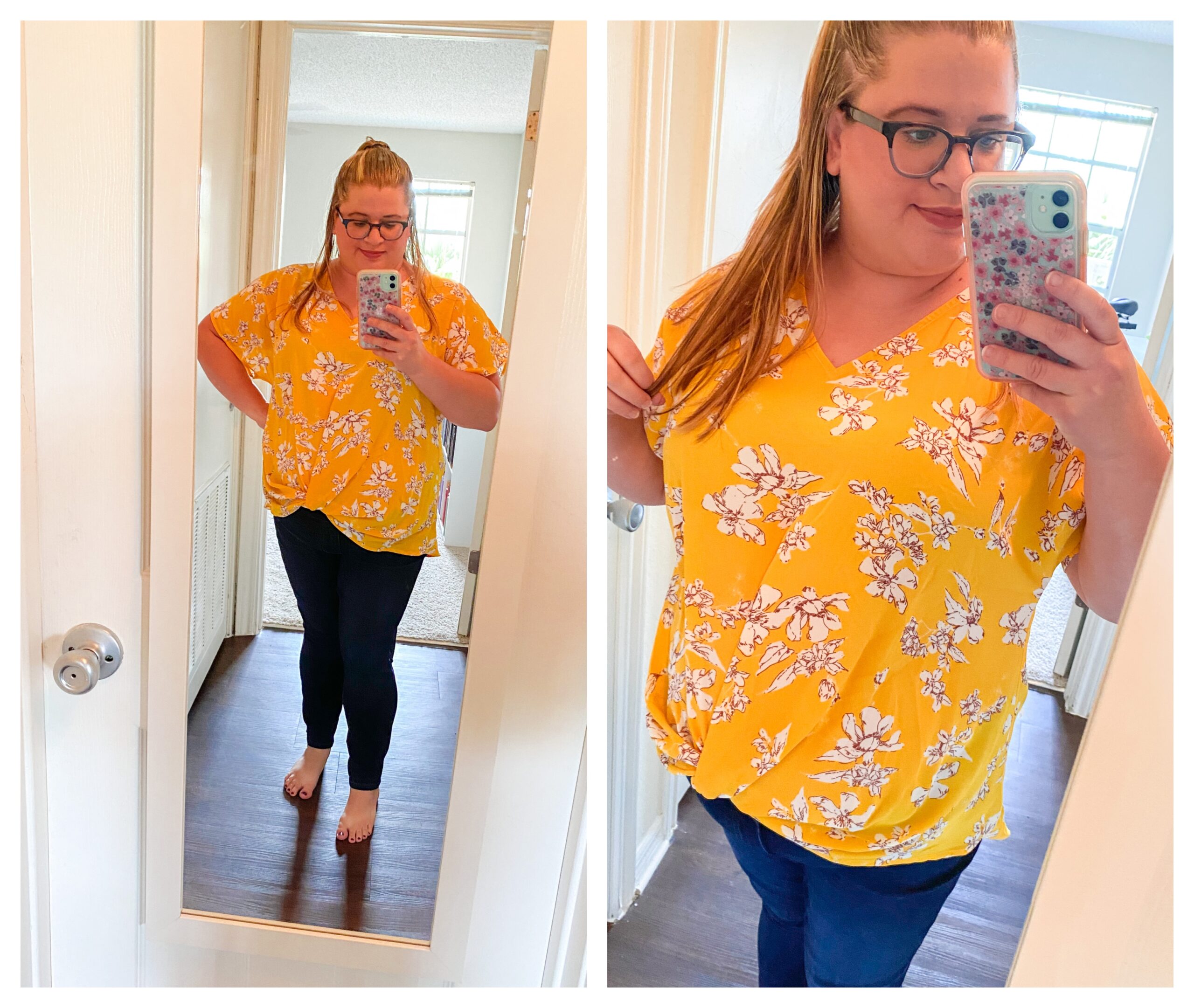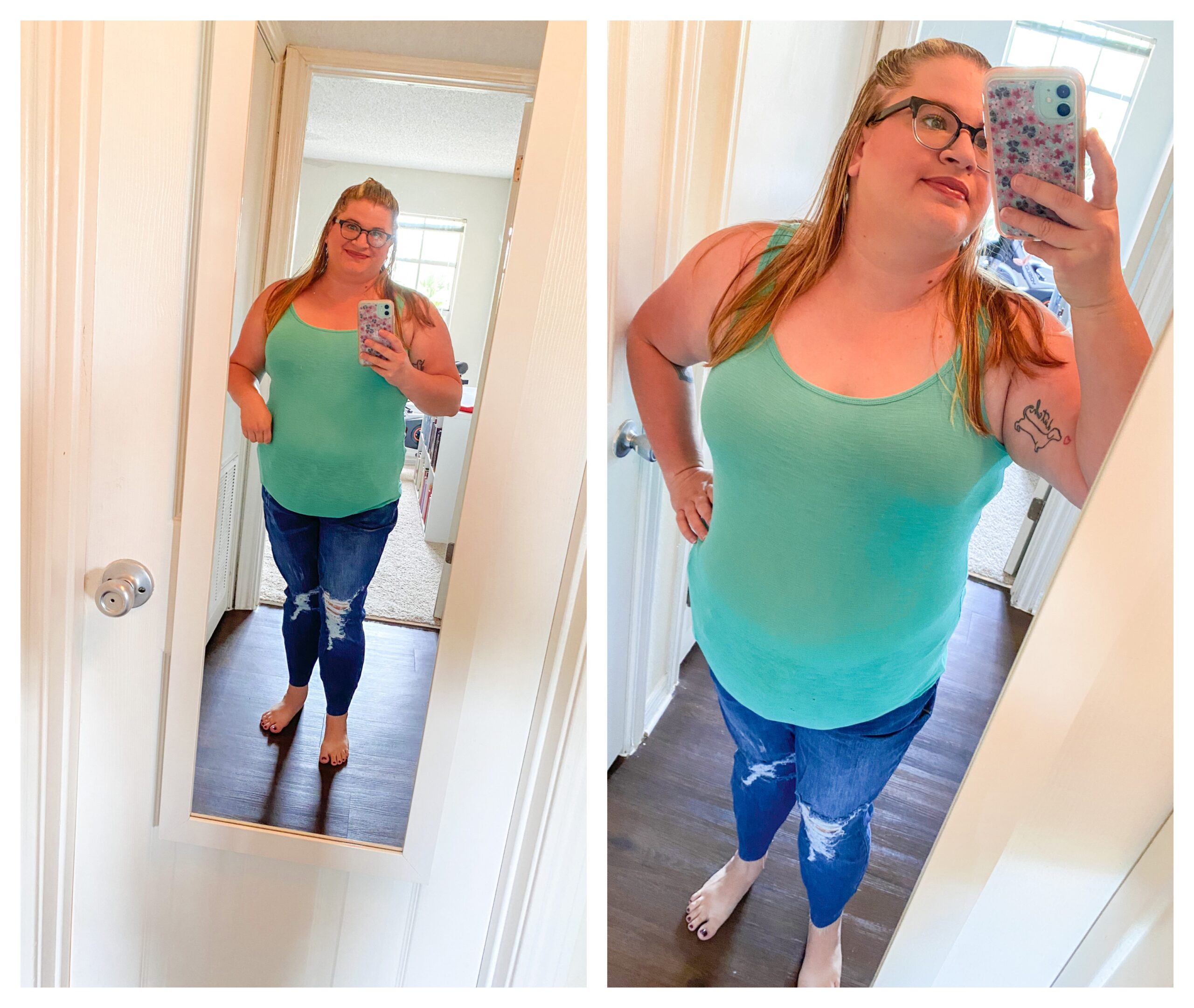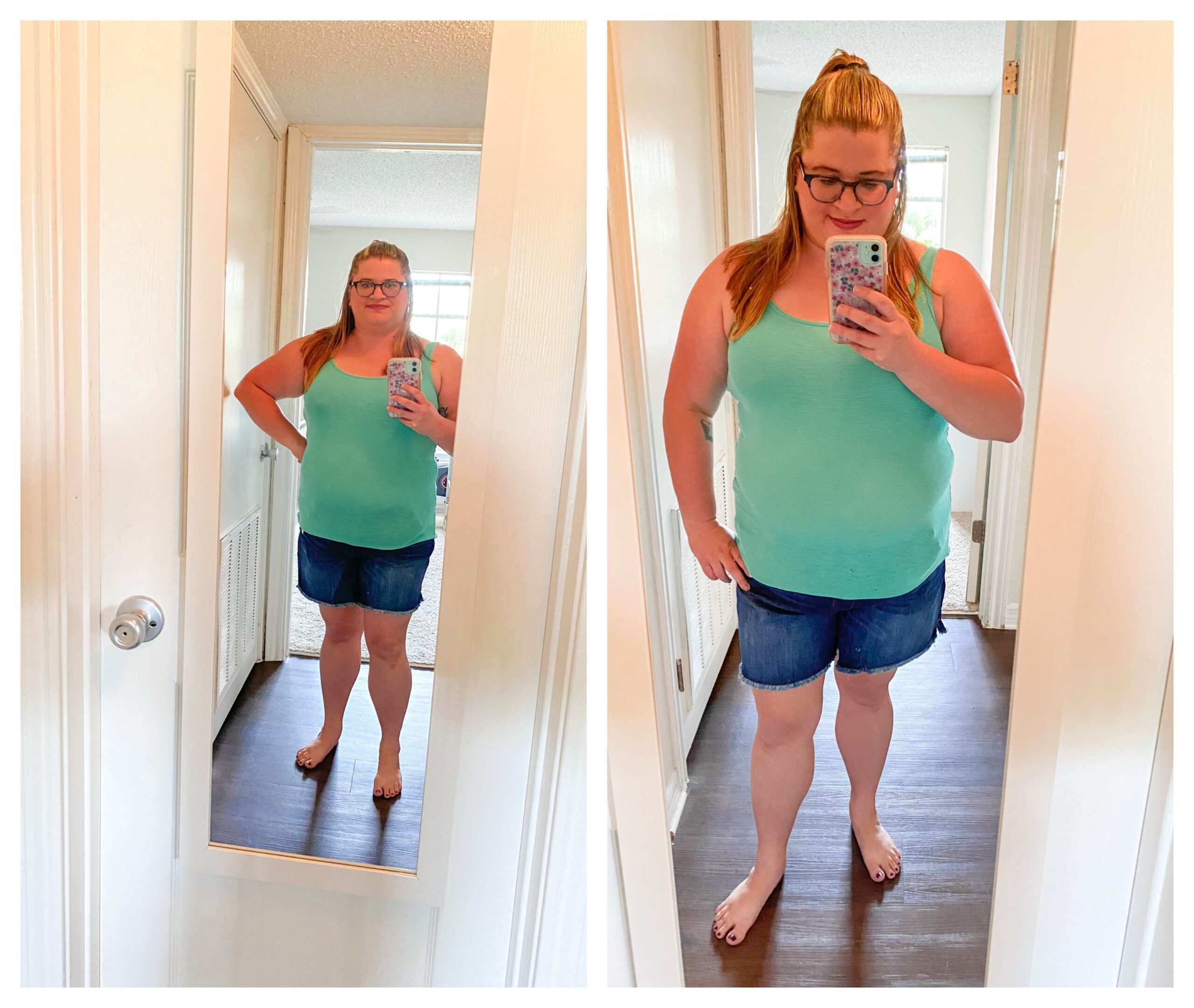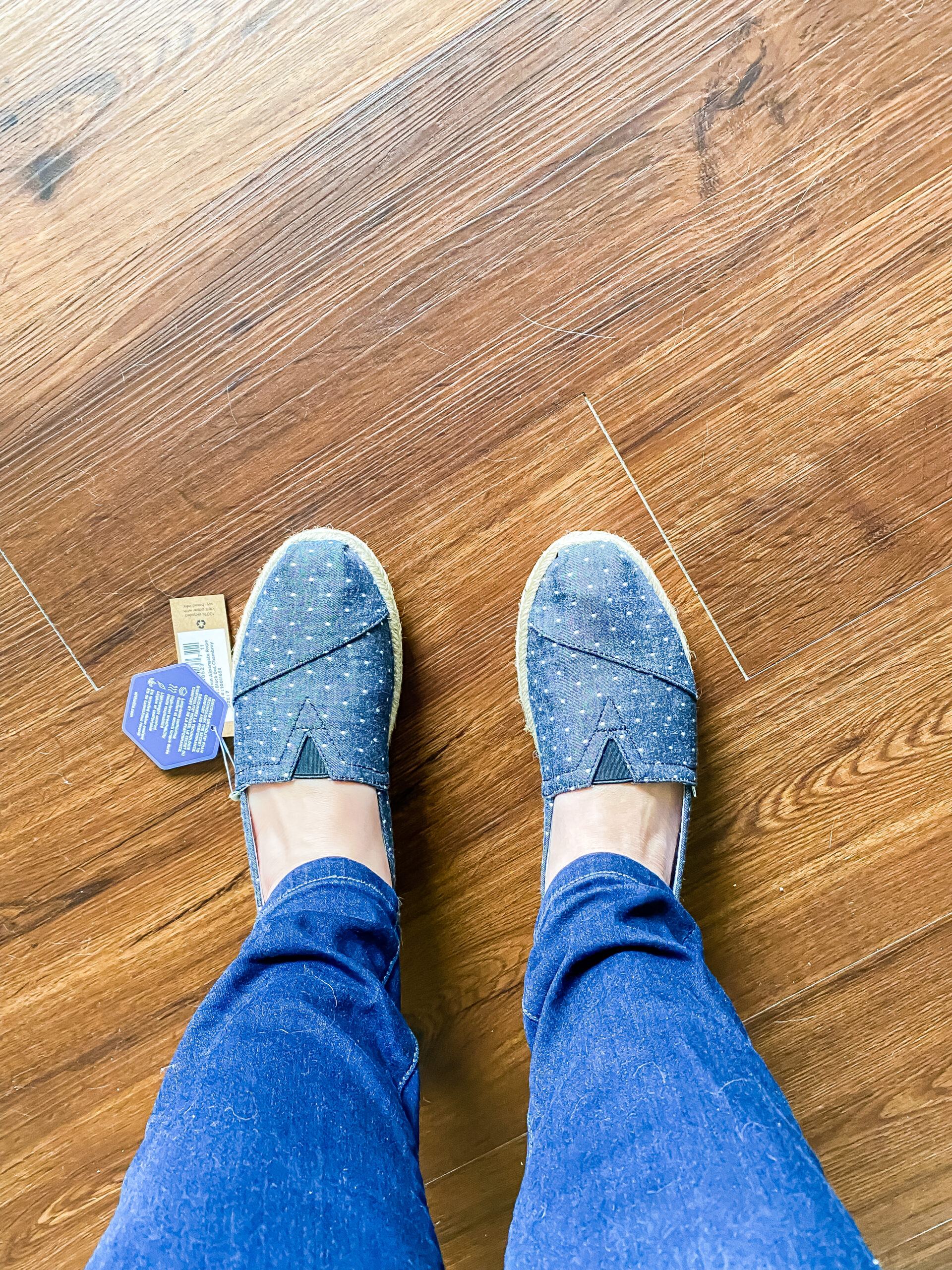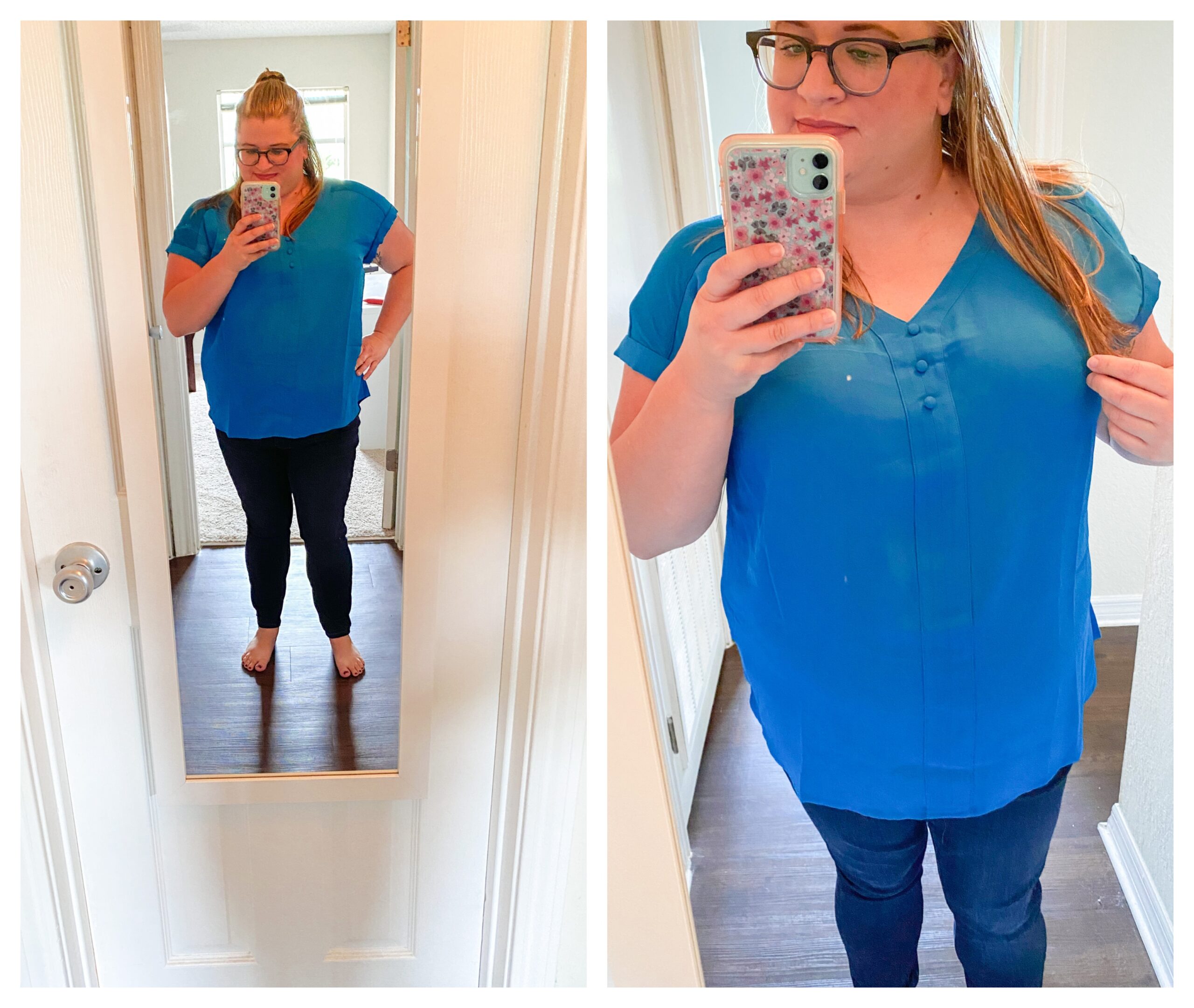Happy Saturday, friends! I hope your weekend is off to a lovely start. In today’s inaugural Ask Stephany Anything post, I’m answering a question from NGS:
It’s not a question so much as a request. I’m a relatively new reader and I don’t know a lot of basic things. I feel like a “basic facts” would be useful. How old are your cats? How long have you had them? What do you do for a living? What are your favorite types of books? What do you consider a good date? What’s the best vacation you’ve ever been on? I think I’m nosy, but maybe that’s what you need right now!
This seemed like a great time to introduce everyone to the girl behind the blog. 🙂
Hi, pleased to meet you! My name is Stephany and I’m 33 years old. I live in St. Petersburg, Florida, which is a hop, skip, and a jump away from Tampa. I’ve lived in this area my entire life, which is unusual—there are not too many native Floridians and even fewer people native to the St. Petersburg area. But I love St. Pete with all of my heart and soul and cannot imagine living anywhere else! It’s a more liberal area of Florida with a lively downtown scene, lots of breweries, great restaurants, and tons of museums. St. Pete is considered a “peninsula on a peninsula,” which means we’re surrounded by water on three sides and we have so many incredible beaches—it can get pretty touristy around here!
For my job, I’m part of the content team for a large digital marketing firm. My company is based in Tampa, but we became a fully remote workforce after the pandemic hit. Apparently, most of the people at our company really enjoyed working from home, so my company moved out of our old office and into a smaller one that will function more as a coworking space. I looooooove working from home full-time and I don’t think I could ever go back to being in an office on a regular basis.
I just celebrated 8 years at my company in August, and it’s really been a wonderful 8 years. I still love what I do, even if it can get stressful at times. (But what job doesn’t?) My primary role is writing. I write short-form (300-ish words) and long-form (500+ words) articles for a variety of clients, mainly in the healthcare and home improvement industries. I also do a ton of editing, mostly because I’m managing the workload of one of our contractors and am responsible for sending her assignments, editing her work, and sending it to clients. I also do project management and content strategy for some of our more specialized accounts. Basically, my days are busy and no day is the same.
Let’s talk about family! My mom is my very best friend and we Facetime with each other multiple times a day. She’s remarried and lives just 10 minutes from me, and I try to see her at least a couple times a week. She has two of the sweetest dachshunds, Chip (3) and Lucy (7 months), and I love them to death. My brother also lives nearby. He’s married to his high school sweetheart and they have two boys: J. is 13 and D. is 6. I’m estranged from my father, a decision I’ve talked about extensively on this blog. It was a decision I made in 2010, and it still hurts knowing he’s not in my life, even though that was the best decision I could have made for myself.
I have a big extended family on my mom’s side. She has five brothers and all but one of her brothers have children. (And many of those children have children of their own!)
Currently, I am single and I live by myself, which I love. While I hope for long-term partnership someday, I am also really happy being alone. Of course, I don’t actually live alone because I have my cats! I adopted Eloise at the end of 2018 and Lila a few months later. They are around the same age and turned 3 in the spring. Both of them are rescues who were living on the streets and having a rough go of it. I’m so glad I’ve been able to give them the cozy home they need! They are my entire world and I don’t know what I would do without them.
My hobbies are pretty varied! I love writing, obviously, and this blog has become the perfect outlet for me. I’d still love to write a novel, but that dream has been put on the backburner for the time being. Of course, reading is probably my biggest hobby and I make time for it every day. I also love NFL football, podcasts, going to museums, Peloton, traveling, reading blogs, and coloring.
I’ll finish by answering some of the questions that were posed to me in this question:
What are your favorite types of books? Romance is probably my favorite genre, and that’s why I usually have a romance book going alongside whatever else I’m reading. Other favorite genres: nonfiction (social justice and memoirs, mainly), thrillers, and women’s fiction.
What do you consider a good date? For me, a good date is less about the place and more about how I feel during it. A good date is when we can talk and talk and talk without running out of things to say. It’s not having awkward pauses. It’s wanting to extend the date, and not run back home to my cats within 20 minutes. It’s that feeling of hopefulness and happiness when it ends, knowing it was something special that only comes around every once in a while. It’s excitement that maybe, just maybe, you have found your person.
What’s the best vacation you’ve ever been on? Gosh, I’d like to say my trip to Ireland because it was such a bucket list vacation, but I was not my best self there and I spend a lot of time regretting how I planned that vacation. So instead, I’ll say it was the second cruise I went on in May 2012. My mom and I booked a six-day cruise where we biked around Key West, swam with sting rays and played with dolphins in Grand Cayman, and discovered our love for zip-lining in Jamaica. It was an incredible six days and we had so much fun!
I’m still looking for questions for Ask Stephany Anything! Comment below with your question or use my handy-dandy form.
